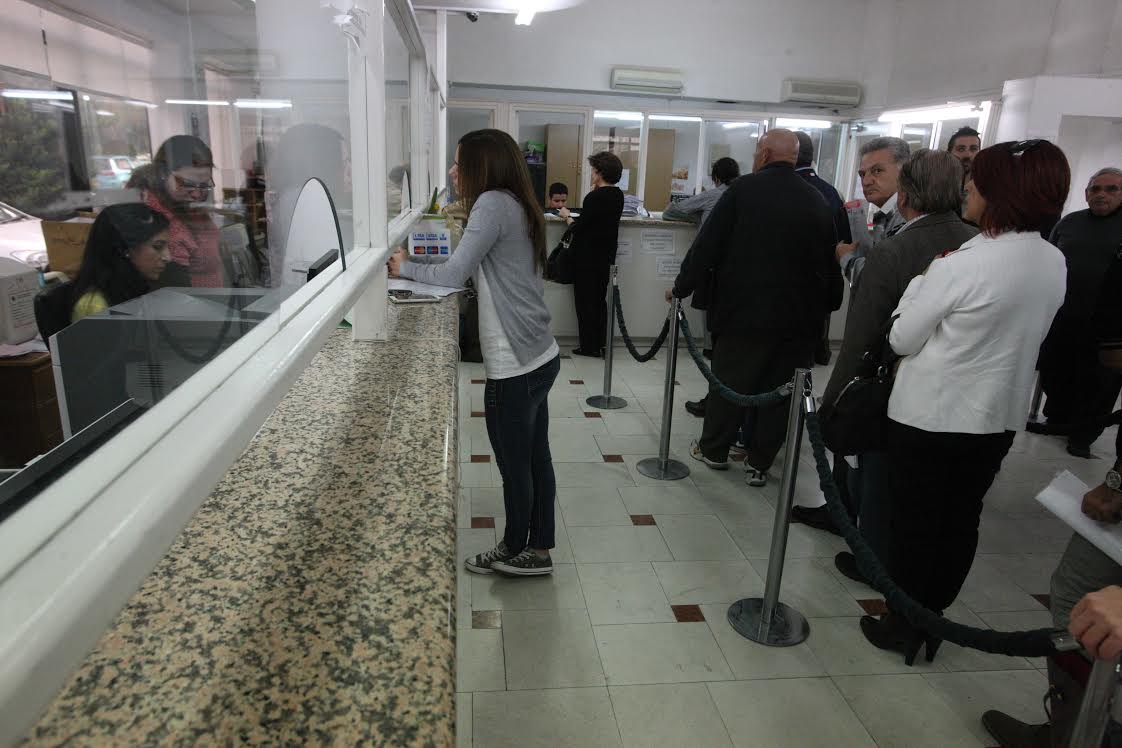Trade Unions Call for Suspension of New Civil Service Evaluation System Amidst Chaos
Civil service trade unions have urged for the suspension of a newly introduced evaluation system, which they claim has led to widespread confusion and turmoil within the sector. The system, intended to streamline promotions, has instead been met with significant backlash from both evaluators and those being evaluated.
During a parliamentary session, union representatives proposed that the system be tested on a trial basis throughout the current year and not influence promotions scheduled for 2024. They highlighted numerous ‘distortions’ that could potentially trigger a surge of formal complaints from disgruntled civil servants.
Stratis Matthaiou, head of the Pasydy union, emphasized the need to refine the new system rather than revert to the previous method. He pointed out the lack of adequate preparation, including insufficient training for evaluators, which has led to instances of intimidation and excessively harsh assessments.
Andreas Louka of Pasydy described the emergence of a “vicious cycle” within the civil service, where strained interpersonal relationships have led to evaluators isolating themselves from their colleagues. He also cautioned about the likelihood of numerous legal disputes over perceived unfair promotions.
Reports from the Isotita union included alarming accounts of employees expressing violent sentiments towards evaluators and others experiencing such distress over denied promotions that they required emergency medical attention.
Despite these challenges, Vasiliki Antoniadou from the Public Service Commission defended the new system as a progressive step forward, arguing that it aligns more closely with principles of equality and meritocracy compared to the outdated previous system.
Giorgos Panteli, permanent secretary at the finance ministry, supported this view, stating that the new system evaluates civil servants based on skills and qualifications rather than tenure. He criticized the old system for its ineffectiveness, where subjective ‘excellent’ ratings hindered the selection of truly qualified individuals for tasks and promotions were based merely on hiring dates.
The new evaluation framework aims to foster a more merit-based approach and enhance the quality of government services. However, it is clear that further refinement and careful implementation are necessary to ensure its success and acceptance among civil service employees.
For continued updates on this story, follow Cyprus Mail on Google News.





